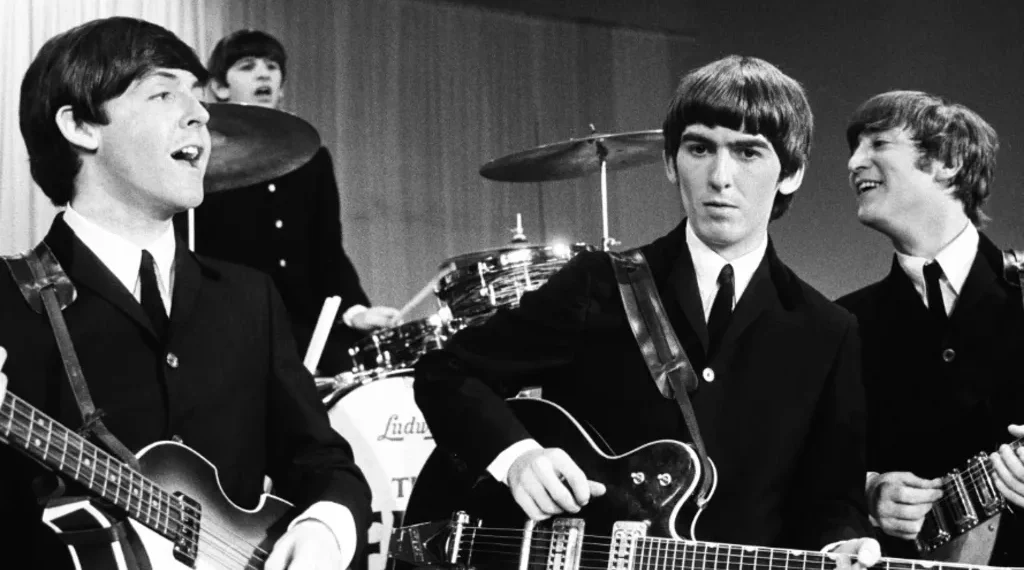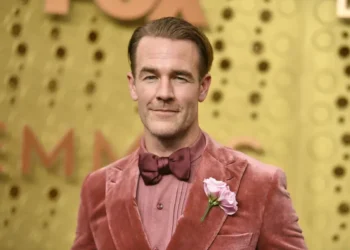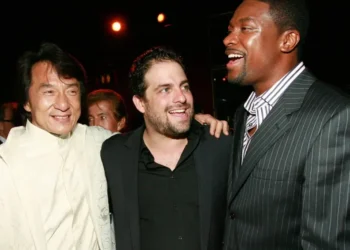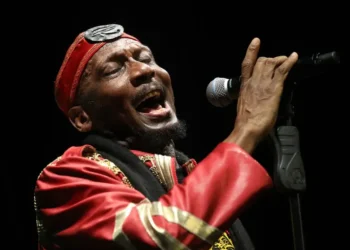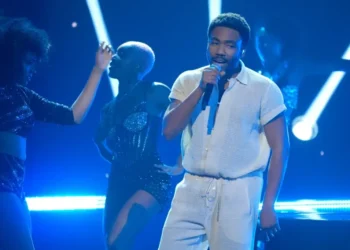Did JFK’s Assassination Help The Beatles Conquer America?
In the documentary Beatles ’64, which explores the band’s first U.S. tour and their meteoric rise to global fame, Paul McCartney offers a thought-provoking perspective. Reflecting on their 1964 arrival in America, McCartney suggests, “Maybe America needed something like The Beatles to be lifted out of sorrow” following President John F. Kennedy’s assassination.
For decades, scholars and cultural historians have pondered this idea: Did the tragic loss of JFK create an emotional climate that helped The Beatles succeed in the U.S.?
A Nation in Mourning
When The Beatles landed at the newly renamed John F. Kennedy International Airport on February 7, 1964, it was just 70 days after JFK was fatally shot in Dallas, Texas.
Kennedy’s assassination on November 22, 1963, devastated the nation. Dr. Patrick Andelic, an American history expert at Northumbria University, highlights Kennedy’s unique connection to the American public.
“Kennedy was the first ‘TV president,’ young, charismatic, and perfectly suited for the medium,” Andelic explains. “His death hit harder because it was witnessed by millions through television. It marked the first assassination of a sitting president in 60 years, amplifying the shock.”
The Beatles’ Rise to Stardom
Before their American debut, The Beatles were already a cultural phenomenon in the UK. By 1963, they had released two chart-topping albums, Please Please Me and With The Beatles, and gained fame through high-profile appearances, such as the Royal Variety Performance.
Dr. Holly Tessler, a music lecturer at the University of Liverpool, notes, “The Royal Variety show made them stars overnight in Britain. By then, The Beatles were an unstoppable force.”
Their youthful energy and charm resonated with British teens, much like JFK’s appeal to young Americans. Andelic adds, “Kennedy’s vibrancy and vision for a new generation were cut short by his death. In the aftermath, America sought positivity and hope—something The Beatles symbolized with their lively and carefree demeanor.”
Breaking Through in America
The road to U.S. stardom wasn’t guaranteed. Before 1964, British artists struggled to make a significant impact in the U.S. Lonnie Donegan and Cliff Richard saw limited success, and Capitol Records, one of the country’s leading labels, initially resisted releasing The Beatles’ singles.
In 1963, the band’s early tracks, including Please Please Me and She Loves You, failed to gain traction in the U.S. Capitol only agreed to distribute I Want to Hold Your Hand after heavy persuasion by The Beatles’ manager, Brian Epstein, and their UK label, EMI.
Released on December 26, 1963—just over a month after Kennedy’s death—the single quickly climbed the charts, reaching No. 1 by early February 1964.
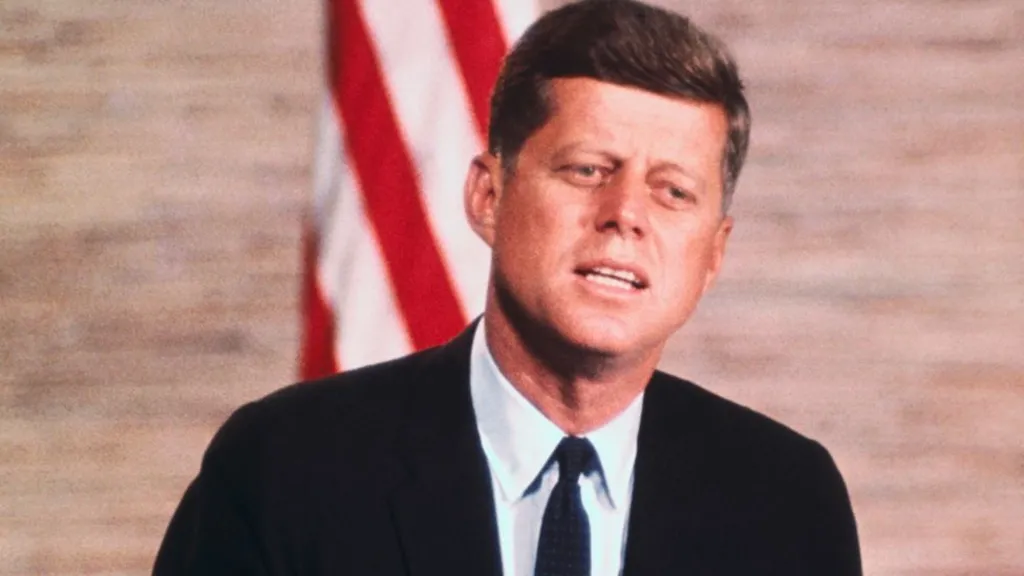
The Ed Sullivan Effect
The true turning point came on February 9, 1964, when The Beatles made their first appearance on The Ed Sullivan Show, one of America’s most popular TV programs.
That night, over 70 million viewers tuned in—nearly half the U.S. population at the time. The band’s energetic performances and playful charm captivated the nation. A humorous caption introducing John Lennon as “Sorry girls, he’s married” added to their appeal.
Within weeks, The Beatles made U.S. chart history by holding the top five spots simultaneously. Beatlemania was now unstoppable, spreading far beyond the U.S.
JFK’s Role: A Fleeting Connection
While McCartney’s theory about America’s grief may hold some truth, experts are skeptical about a direct link between Kennedy’s assassination and The Beatles’ success.
Dr. Tessler argues, “The notion that JFK’s death paved the way for The Beatles oversimplifies their achievements. Their success in America was driven by meticulous planning—Brian Epstein had secured their Ed Sullivan Show appearance weeks before Kennedy’s assassination.”
She adds, “While the country may have welcomed The Beatles as a distraction from its grief, the connection to JFK was fleeting. It was their charisma, talent, and timing that truly made them a global phenomenon.”
Conclusion
The Beatles’ historic rise in the U.S. cannot be attributed to a single event, even one as monumental as JFK’s assassination. Instead, it was a combination of their undeniable talent, careful marketing, and perfect timing.
While America’s mourning may have made the nation more receptive to joy and optimism, it was The Beatles’ charm and energy that ultimately captured the hearts of millions.
Top picture credit: Getty Images
This article was rewritten by JournosNews.com based on verified reporting from trusted sources. The content has been independently reviewed, fact-checked, and edited for accuracy, neutrality, tone, and global readability in accordance with Google News and AdSense standards.
All opinions, quotes, or statements from contributors, experts, or sourced organizations do not necessarily reflect the views of JournosNews.com. JournosNews.com maintains full editorial independence from any external funders, sponsors, or organizations.
Stay informed with JournosNews.com — your trusted source for verified global reporting and in-depth analysis. Follow us on Google News, BlueSky, and X for real-time updates.
